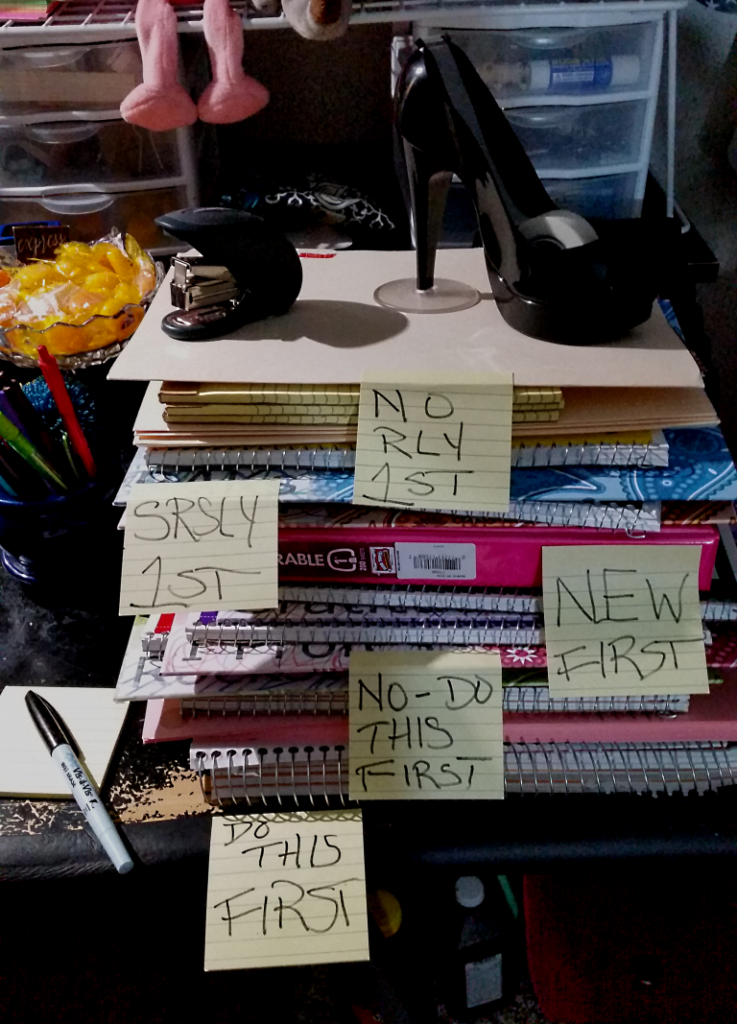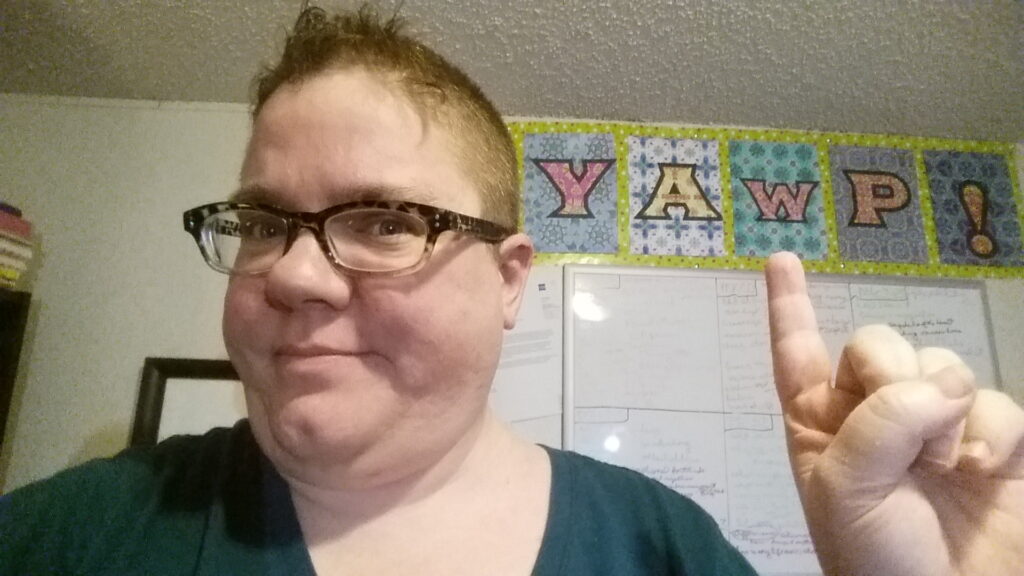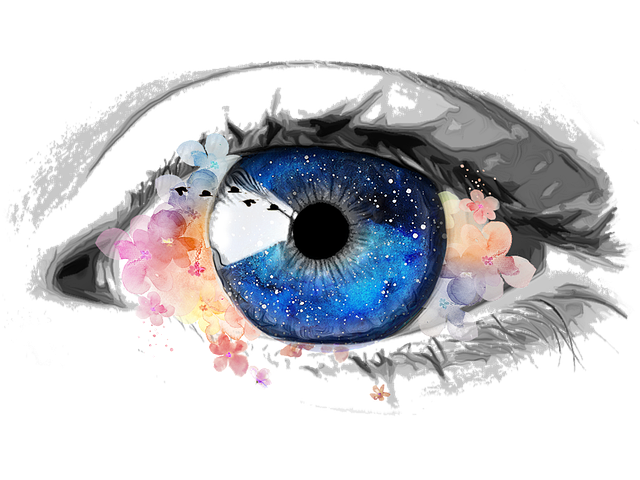It’s all your fault.
It’s all your fault.
It’s all your fault.
At least, that’s what you think when you have a guilt complex.
Your spouse is staying late at the office every night. Your fault — they obviously don’t want to spend time with your and the kids.
Speaking of kids, one’s failing math, and the other’s struggling in English. Your fault — you obviously didn’t set them up for success with Baby Einstein and the Teletubbies when they were babies.
Speaking of videos, you’re streaming Netflix for a couple hours after the kids go to bed.
Which means you’re not cleaning your kitchen.
Vacuuming the family room.
Or taking care of any other chores.
All your fault, because you’re obviously too lazy to take care of anything.
But you don’t have to have a guilt complex anymore.
While guilt is a totally normal response to things you’ve messed up, it can get nasty all too easily.
But with a little introspection, you can get the guilt complex out of your head.
Here’s everything you need to know.
What Is Guilt?
Guilt is that nagging deep down in your gut when you know you messed up or did something against your values. Natural guilt is that emotion when you genuinely feel bad about your actions because they don’t jive with your conscience. It’s normal, everyday guilt. Other types of guilt include:
Maladaptive guilt
Maladaptive guilt is like guilt on steroids — it’s when you feel guilty way more than you should, and it messes with your head. You start feeling responsible for everything and beating yourself up over all the little shit. Cut yourself some slack! I absolutely promise it’s not all your fault.
Survivor’s guilt
Survivor’s guilt is a heavy load to carry, my friend. It’s that gnawing guilt when you make it through a tough situation while others don’t. You wonder why you’re still standing when they’re gone. It’s natural to grieve. But if you find yourself wallowing in grief, therapy may help.
Guilt over thoughts
Guilt over thoughts is like wrestling with your own mind. We all have weird, dark, or random thoughts pop up — it’s part of being human. But feeling guilty about them can be tough. Remember, thoughts aren’t actions. You are not your thoughts. You are what you do.
Existential guilt
Existential guilt is pondering the universe and your place in it. It hits you when you question the meaning of life, your purpose, and if you’re living up to some higher standard. You need to embrace the journey, find your own meaning, and make the most of your one wild and precious life.
Causes of a Guilt Complex
A guilt complex is an intense and persistent feeling of guilt, often beyond reason. It can be any of the above types of guilt. Unraveling the tangled web of causes takes time and understanding. Here are just some of the causes of a guilt complex:
A problematic upbringing
Childhood trauma can plant those guilt seeds deep inside you. Maybe you faced constant criticism, unrealistic expectations, or physical abuse. Those experiences can make you feel responsible for everything, even stuff beyond your control. Unraveling this mess is like navigating a labyrinth where the walls are constantly moving.
High standards
Whether set by yourself or others, high standards can fuel your guilt complex like crazy. Striving for perfection or meeting impossible expectations can leave you feeling like you’re always falling short. It’s time to embrace being beautifully human — flaws and all. You’re worth more than just meeting some unreachable lofty checklist! (For more on getting and staying organized, check out Getting and Staying Organized to Spark Joy)

An unhealthy past relationship
Unhealthy past relationships can really mess with your mind. Whether you experienced manipulation, emotional abuse, or constant blame, it leaves a mark. You question your worth and feel guilty for not making the relationship work. But it takes two to tango, and you can’t carry the whole blame burden.
Mental health conditions
Anxiety whispers endless “what ifs.” OCD pins you down with irrational guilt. PTSD replays past traumas. And depression paints everything gray. Mental illness makes you feel guilty for struggling, for not being “normal.” But it isn’t your fault. It’s a combo platter of genetics and circumstances outside your control.
Cultural norms, religion, and moral codes
Cultural norms, religion, and strict moral codes weave a snarled web of guilt. They set the rules on what’s right and wrong, and if you deviate, here comes the guilt parade. Questioning or challenging these norms is scary but common. Embrace your individuality and figure out what’s right for you.
Societal expectations
Societal expectations can put you in a guilt pressure cooker. You have to fit in, achieve specific milestones, or meet predefined roles. And if you don’t, you’ll feel like you’re letting everyone down. But society isn’t the boss of you — it’s just a bigass “should.” You’re unique, and it’s okay to forge your path without guilt.
Low self-esteem
Low self-esteem and guilt go hand in hand. When you don’t value yourself, any mistake feels like proof you’re a failure. You blame yourself for everything and feel unworthy of happiness. But you’re more than your errors. Self-care — REALLY REALLY REAL self-care — is a guilt-buster. Embrace your worth and give yourself the care and compassion you deserve!
Symptoms of Guilt Complexes
When you have a guilt complex, you feel that gnawing guilt in your gut all the time, making you anxious, sad, or irritable. You apologize excessively, seek constant reassurance, and avoid confronting situations that trigger guilt. It’s like you’re in a giant guilt bubble and can’t escape.
Physical symptoms
When the guilt’s got you, your body might rebel. Say hello to an upset stomach, annoying headaches, and muscle tension. Sometimes it even throws migraines your way, just for fun. It’s your body’s way of saying, “Hey, deal with this guilt, please!”
Frequent anxiety
Anxiety becomes the guilt complex’s BFF, hanging around all the time. You’re always worried about messing up, seeking approval, or fearing judgment. Guilt feeds the anxiety, which feeds the guilt, and the cycle goes on. This tag team leaves you feeling nervous and unsettled.
Difficulty sleeping
Trouble sleeping often joins the guilt complex party. When you carry around all that guilt baggage, it messes with your shut-eye. Your mind churns with guilt-driven thoughts, keeping you awake at night. A guilt complex is a sleep thief, one you need to bust to get your sleep mojo back.
Ruminating on the past
Fixating on the past is another telltale sign of a guilt complex. It’s like your brain hits the rewind button on all those mistakes, making you constantly overanalyze and beat yourself up. But the past is history — focus on the now and how you can grow. Stay in the present to live your best life.
Constantly apologizing
Constantly apologizing is a dead giveaway for a guilt complex. It’s like you’re on autopilot, saying sorry for everything. You even feel guilty for just existing! But you don’t need to apologize for existing. You have the right to fucking get loud and take up space!
Blaming yourself for things that aren’t your fault
Blaming yourself for shit that isn’t your fault is a guilt-complex classic! You’re the scapegoat, carrying the blame for everything. Even when others screw up, you somehow end up shouldering it. Let go of that unnecessary guilt load — you can’t control everything. You can’t control everyone. You can only control yourself.
Poor concentration
Poor concentration is a sneaky side effect of a guilt complex. When guilt’s riding shotgun in your mind, focusing on anything else becomes an uphill battle. Your brain’s in a perpetual guilt fog, distracting you from the present.
Social withdrawal
Social withdrawal is another bestie of a guilt complex. When guilt’s in charge, you might feel like hiding under a rock or staying in bed and never coming out. Interacting with others becomes nerve-wracking — you worry about being judged or causing harm.
Mental health conditions
Mental illness often crashes the guilt complex party. The weight of guilt can exacerbate these conditions, creating a loop. It gets gnarly when you have mental illness causing a guilt complex, and it’s also a symptom of a guilt complex.
Low self-esteem
When guilt’s in charge, your self-worth plummets. You believe you’re flawed and undeserving of good things. Guilt continuously whispers, “You’re not good enough.” You believe you’re destined to mess up, and it doesn’t matter how many good and great things you accomplish. The feeling of inferiority just won’t quit.
Dealing with your guilt complex
To tackle that guilt complex, start by acknowledging that it’s okay to feel guilty sometimes. Learn to recognize unrealistic guilt and challenge negative thoughts. Embrace self-compassion, understanding that everyone makes mistakes. Seek support from loved ones or a therapist to unpack underlying issues. Practice forgiveness, both for yourself and others.
Practicing Self-Compassion
Self-compassion is your guilt complex kryptonite! Treat yourself like you would a friend in need. Offer understanding and support instead of harsh judgments. Celebrate progress, and forgive yourself when you stumble. Embracing self-compassion can loosen guilt’s grip and lead you to a more guilt-free and joyful life.
Engaging In positive self-talk and affirmations
Replace your inner critic with a cheerleader — complete with pom poms! Remind yourself that it’s okay to make mistakes. Shower yourself with encouraging words and affirmations of self-worth. “I’m doing my best,” “I deserve love and forgiveness.” Keep repeating these confidence boosters out loud.
Seeking The Support Of A Therapist
Therapists are guilt-complex superheroes! Talking to a pro can be a game-changer. They help navigate the maze of guilt and identify underlying issues. With their guidance, you gain fresh perspectives and coping strategies. Talking to a therapist can give you a guilt detox!
- CBT — Cognitive Behavioral Therapy helps you recognize negative thought patterns, challenge them, and reframe your perspective. You learn new ways to respond to guilt triggers, building resilience.
- Trauma-focused CBT (TF-CBT) — This therapy addresses past traumatic experiences, helping you process and make sense of them. You learn coping skills and challenge the guilt associated with the trauma. By gradually releasing guilt’s grip, you pave the way for healing and finding peace within.
- Online therapy — Online therapy runs on your terms, from the comfort of your own space. You connect with licensed therapists who specialize in guilt issues. Through video or messaging, you get personalized support and coping strategies. No need to travel — help is just a click away!
- Grief counseling — When grief and loss weigh heavy, guilt often sneaks in. Grief therapists help you navigate the complex emotions, including guilt, surrounding loss. Through specialized techniques, they help you find solace, process emotions, and honor your feelings.
- Experiential therapy — Experiential therapy shakes up the guilt complex game. It’s therapy with a twist — instead of just talking, you’re hands-on in the experience. You engage in activities, like art or role-playing, to explore emotions and experiences. By tapping into your subconscious, you gain insights and process guilt in a unique way.

Shift your perspective
Changing your perspective is like putting on new glasses and seeing things in a new light. Instead of dwelling on guilt, you reframe your thoughts. You focus on growth, learning, self-compassion, and REALLY REALLY REAL self-care. Embrace a positive outlook and release yourself from that guilt burden.
Increase mindfulness
With mindfulness, you stay present, observing thoughts without judgment. For example, when you eat, you can focus on every bite — the way your food looks, tastes, smells, the feel of it in your mouth. You learn to let go of guilt’s hold on you because it’s in the past. Your mind is in the present. Embrace the power of now, and find inner calm.
Write it out
Journaling is like giving your thoughts a safe space to spill out. As you write, you can reflect on guilt triggers and emotions without judgment. It’s a form of REALLY REALLY REAL self-care, and it nurtures your soul. Explore your feelings, challenge negative thoughts, and gain clarity about your guilt.
It’s not all your fault
Through practicing even one of these guilt busters, you’ll come to realize that it’s not your fault.
(Ok, if you’re a serial killer, it totally is. Otherwise, nope, not your fault.)
So what will you do with this information?
Will you play ostrich and stick your head in the sand?
Or will you take a closer look at what’s actually going on in your life?
And will you see that you’re actually doing great?
That part? That part where you’re doing great?
That is all your fault.

Leave a Reply